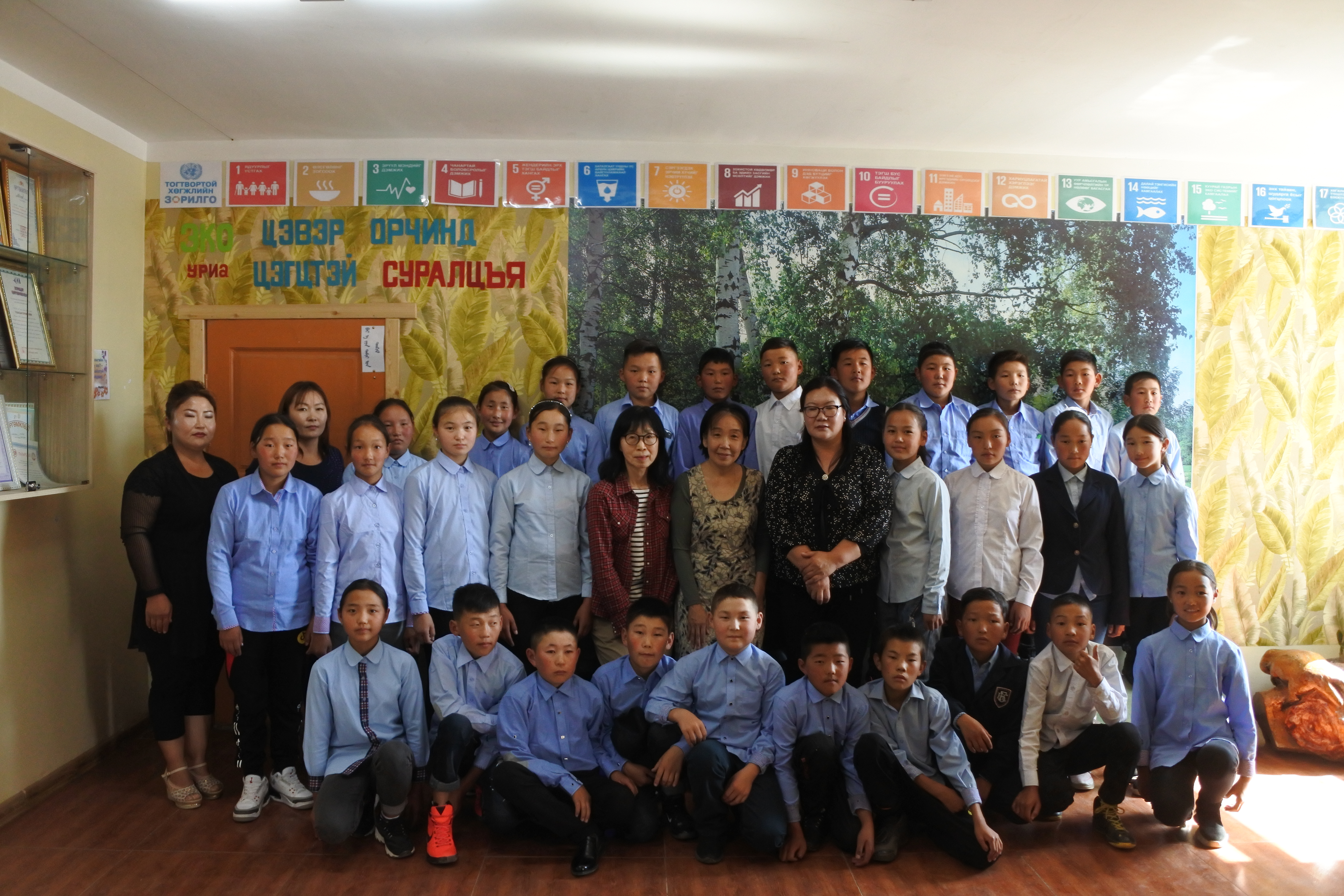Details of the Initiative
Ten faculty members from the School of Commerce conducted “Research on SDGs: Comprehensive Commercial Science Views” through a fusion of literature and science, and introduced the results in an omnibus format in a lecture of “Integrated Lectures (Introduction to Studies in Commercial Science)” (comprehensive research by Institute of Social Sciences, Meiji University, 2019 to 2022, Representative: DEMISE Nobuyuki, Dean of the School of Commerce).
The Mongolian fermented horse milk (kumis), which is my subject of research, is a refreshing low-alcohol beverage with a sour taste and fizziness that colors life on the grasslands in summer. The traditional method of producing fermented horse milk, which was once widely drunk by nomadic tribes in Eurasia, is disappearing owing to the settlement rapidly progressing in the 20th century, but it remains exceptionally in gers on grasslands in Mongolia, where nomadism is a key industry. Fermented horse milk is a valuable fermented food with a lot of benefits, including high medicinal benefits (3.3), a diversity of microbes (15.6), sustainability (12.8), nature conservation (15.1), livestock welfare, and regional development (12.b). However, the influence of globalization that has reached Mongolia has changed the production methods, and its inheritance is an urgent issue. We, together with researchers from Mongolia, have documented and verified the production method of fermented horse milk and the surrounding natural environment (terroir) in the famous production area of Mogod Sum (County) in Bulgan Aimag (Province), and are attempting to promote its succession through museum exhibitions based in Mogod Sum (11.4)

